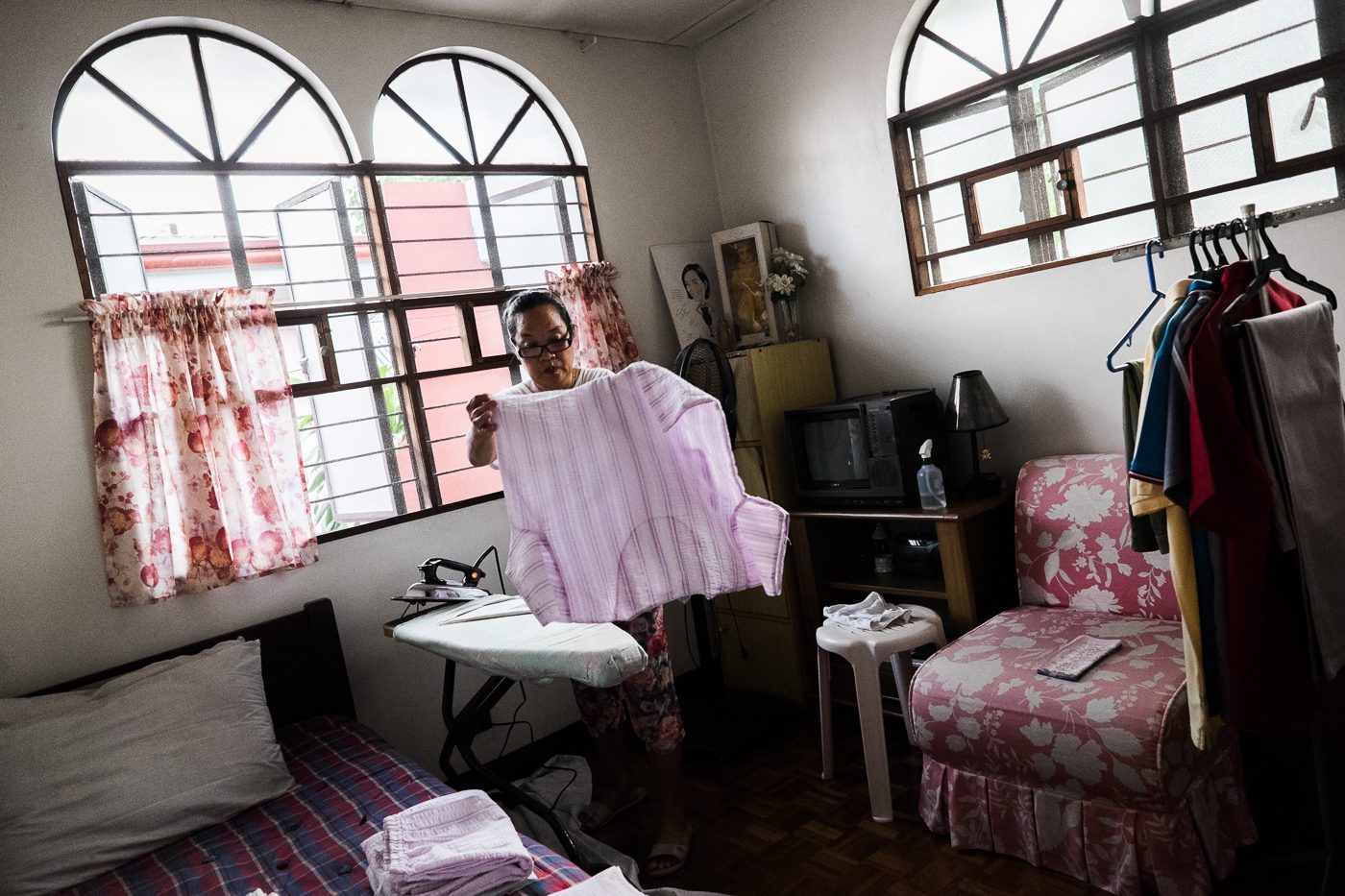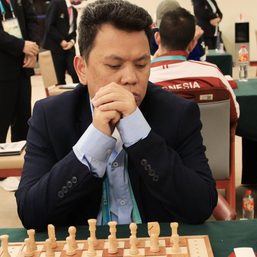SUMMARY
This is AI generated summarization, which may have errors. For context, always refer to the full article.

MANILA, Philippines – There are 10 million domestic workers in Southeast Asia but they remain “invisible” in the region’s labor sector.
Member states of the International Labor Organization (ILO) adopted Convention 189, which considers paid household service as a form of work 6 years ago. But societies and governments in the region have not completely able to provide adequate protection and recognition for domestic workers.
“It is linked to one of those areas there hasn’t been so much discussion yet. It’s an issue of raising the awareness and making people see the value of what the domestic workers actually do,” ILO Senior Project Coordinator Anna Engblom said in an interview with Rappler on Thursday, October 26.
“What we are trying to advocate for is not using helper or servant (to refer to domestic workers)… We want to use ‘worker’ to recognize that they are workers and I think there is still a lot that needs to be done,” she added.
Engblom and other ILO specialists are currently in the Philippines where the local labor department is hosting the 10th ASEAN (Association of Southeast Asian Nations) Migrant Labor Forum. The output of the discussions to be signed on Thursday afternoon will be a set of recommendations for these countries to uphold the rights of these migrant workers.
According to her, household service workers (HSW) in the ASEAN region struggle because they are not covered by the labor laws of the countries they work. This keeps them from being protected from unjust work schedule and entitlement to minimum wage.
An ILO survey published in 2016 found that migrant domestic workers in Thailand and Malaysia actually work 14 hours a day and are paid below the minimum wage. Figures from the UN agency also show that only 3% of domestic workers abroad enjoy equal protection with other general workers.
PH leading others
Despite recruitment issues and reports of abuse, the Philippines actually has the best practices in ensuring decent work for HSWs. Philippines is the only ASEAN country that has so far ratified ILO Convention 189. (READ: Fast facts on Filipino domestic workers)
Engblom said that the Philippines has successfully reduced migration cost through its bilateral agreements with receiving countries. Another important milestone in domestic labor protection is the enactment of Republic Act 10361, popularly known as Batas Kasambahay.
“It is important to recognize that when you advocate for the protection of your migrant workers, you have to provide the same protection at home. In most countries, you will see that their labor protection act would say that this law does not cover domestic workers… They don’t have legal protection,” explained Engblom.
The presence of labor attachés also spell the difference in monitoring and attending to the needs of these workers. The Philippines has 40 labor attachés deployed in several parts of the world while Cambodia only has 3, Malaysia has 4 and Myanmar has 5. Labor attachés are representatives of a labor department or ministry that oversee workers’ condition abroad.
Engblom also cited Singapore’s initiative in opening complaint mechanisms for domestic workers and their orientation program for arriving employees and their corresponding employers.
“Domestic worker is a difficult sector because you have domestic workers inside a household… I mean if you have a factory of people treated badly, you [can stand up] as a group. But when you are a domestic worker you are alone,” she said.
“These are workers who don’t know the language, they don’t understand the local legal system, that’s double vulnerability,” she added.
Today, ASEAN is the center of the world’s attention when it comes to economic growth. And as an economy grows, so does the shift of the labor market to a more service-oriented one.
Engblom noted that this is where the importance of domestic workers come in since they are the ones that allow parents to manage the household while they are working. (READ: MIGRANT LIFE IN QATAR) – Rappler.com
Add a comment
How does this make you feel?





There are no comments yet. Add your comment to start the conversation.